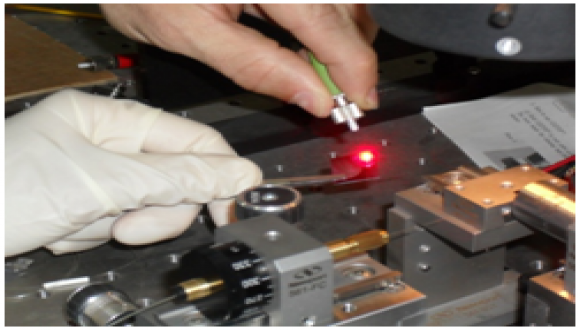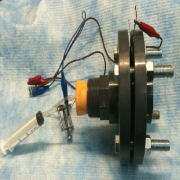Supercapacitors based on Peptide Nanostructured Modified Electrodes
Supercapacitors – the batteries of the future!
Supercapacitors – the batteries of the future!
The two largest groups of modern energy storage devices are batteries and supercapacitors. Batteries are capable of storing vast amounts of electricity, but have the disadvantages of long charging times and electrode damage which shortens their lifespan. Supercapacitors on the other hand can operate at high charge/discharge rates over an almost unlimited number of cycles, but with the disadvantage of a much lower energy density than batteries. The challenge therefore is to develop high energy density supercapacitors with modified electrodes.
Nano devices such as nano tubes, nanowires, nanodots and nanoparticles have become increasingly important for use as electrodes in supercapacitors. Their nanoscale size serves to increase the electrolyte/electrode surface area and creates reversible pseudocapacitance mechanisms, leading to a supercapacitor with a significantly larger capacitance and stored energy density.
In collaboration with Elbit Systems we at TAU are currently developing a new generation of supercapacitor-energy storage devices based on peptide nanostructured materials (PNM). PNMs are chemically synthesized peptide monomers which are able to self-assemble into bio-inspired nanostructured ensembles such as nanodots, nanotubes, nanofibres, etc.






